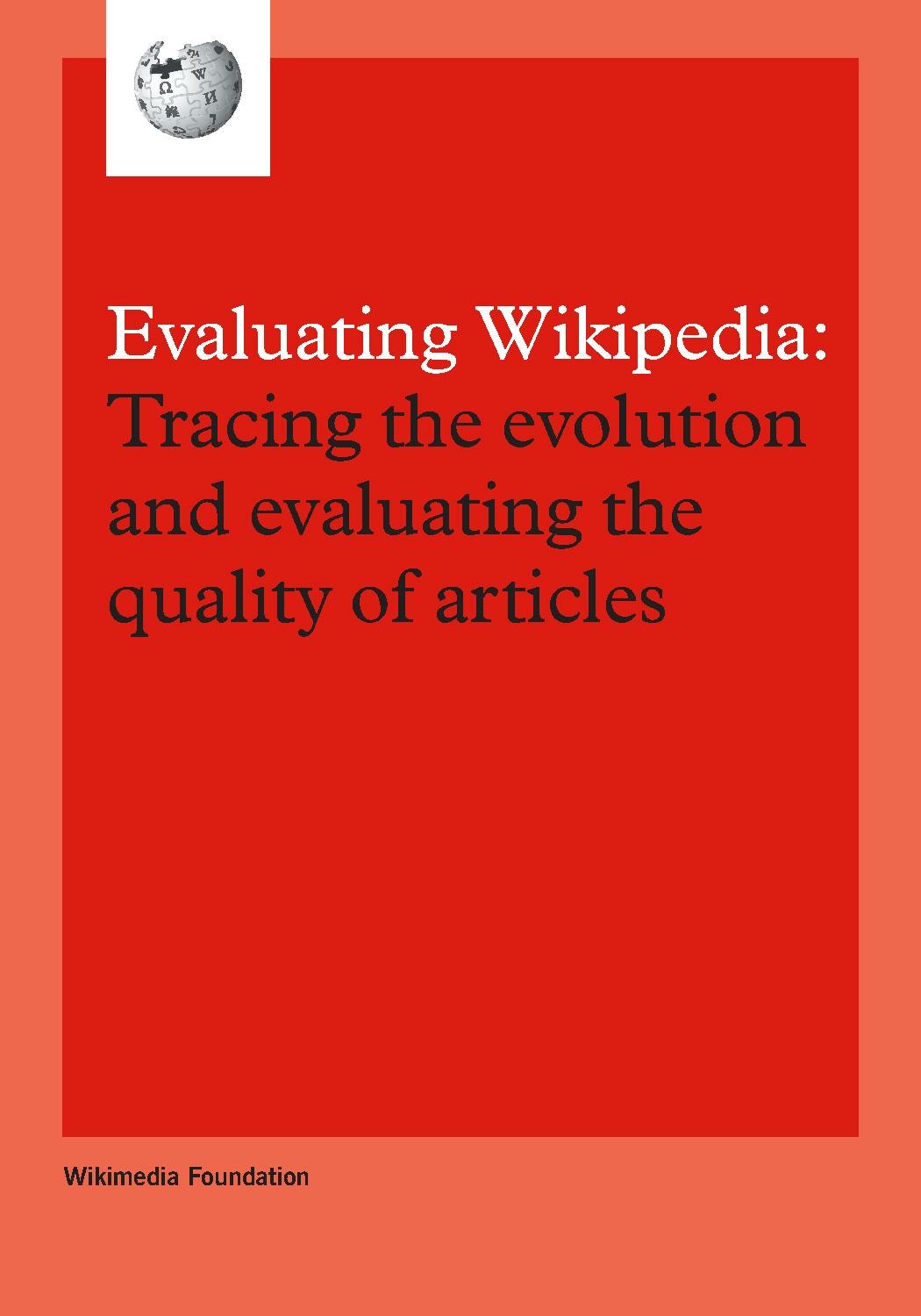User:Fuzheado/Wikipedia for journalists
This is a set of best practice recommendations for journalists, or anyone, using Wikipedia in finding information.
This was motivated by a session for the Online News Association conference by Andrew Lih (User:Fuzheado). Additions/edits welcome.
Best practices for journalists using Wikipedia
[edit]Wikipedia is a great starting point for research, but not necessarily the best ending point for research.
So what are the best ways for journalists to use Wikipedia to best effect? And what about the number one question:
- Q: Should you trust Wikipedia?
- A: Maybe. But isn't "maybe" the same answer for any source? Should you trust The NY Times? FOX News? CNN? The Daily Mirror? BBC? Your mother? Be an informed and skeptical reader, as with anything.
Basic cues
[edit]When viewing a Wikipedia page, give an article the once-over for these obvious issues:
- Warning notes - "Neutrality disputed," "lacking references," "reads like an advertisement," "promotional," "may be affected by current event," "citation needed," et al.
- Stub (short article) warning message
- Length, relative to importance or status of subject. Not enough? Too much detail?
- Red links - pages that don’t exist yet, a tip off to a young/immature article
- Obvious vandalism - obscenities, outrageous numbers or statements
- Typos
- Common features (images, sections, infoboxes, charts, graphs) provide an initial indicator of completeness.
Details
[edit]Look for these as additional tip-offs
- Style mismatch - dates, formatting, style of writing seems out of place
- "Peacock terms" tip off PR speak - words like prestigious, superior, unprecedented. Especially if these are unreferenced
- Number of references and diversity of references - promotional/corporate site, press coverage, academic articles, awards? How many references are reputable sources, or simply promotional pages?
- What isn’t there? Lack of criticism or reactions section?
- Protected status - is there a lock icon in upper right to prevent editing? Indication of conflict or controversy (see the talk page)
Behind the scenes
[edit]Things to examine beyond the main article text:
- Talk pages
- What article rating and class is it? Best ones are FA (featured) or GA (good), though an article with no rating at all doesn't mean it's bad.
- Any standing or historic controversies? Were there edit wars like Gdansk vs Danzig? Was this article mentioned in the media as part of any controversies?
- Edit history
- Who wrote the last edit you're seeing now? If it's an anonymous IP editor? Be wary. Is it someone who dominates the article? Consider a possible conflict of interest or dominant viewpoint.
- How many unique editors have edited? How many edits has it had, and were there many edit wars?
- Use the “diff” function to show differences between revisions
- Use analysis tools to help - Wikichecker, Wikihistory, Wikiblame
Additional details beyond the article
[edit]If you have time, these are extra details that you should pay attention to beyond that particular article:
- Main articles that are big often have split-off “History of…” or “… controversy" sub articles. Sometimes these are good for elaboration… sometimes they are a tactic to spin off negative content so people won't see them as prominent as in the main article.
- Lists, taxonomy boxes, or series categories lead to other content, and also provides a indication of a topic's prominence
What next?
[edit]After you're done reading the article, see...
- References - starting point for verification
- External links
- See also - related articles
- Taxonomy boxes at the bottom
- Wikimedia Commons collection - Creative Commons photos and multimedia
- Use proper attribution - Creative Commons Atttribution Sharealike license. Credit the user, not just "Credit:Wikipedia"
Double checking references
[edit]Before using Wikipedia, perform basic fact checking for your own safety!
- When checking out statement or fact, is it referenced or unreferenced?
- Click on the reference number
- Click on the link of the reference to check
- If the link is "dead" try out archive.org or Google for a cached/older version
- Not uncommon for references to not necessarily back-up Wikipedia prose! Beware
- If it's wrong, consider helping to fix it or tag it! WP:SOFIXIT or adding a citation needed tag
Novel uses
[edit]Understand Wikipedia articles better with these tools:
- Interwiki links link to same article in other languages - useful for language translation, or checking someone's name in native language
- Interesting statistics on Wikipedia activity, see http://stats.grok.se/ and the WMF report card - https://reportcard.wmflabs.org/
- Tools for analyzing edit histories, see Wikichecker, Wikihistory, Wikiblame
- Try out the "What links here" button in the left hand bar to see what pages link to the article you're viewing
- Watch anonymous editors from unusual places, such as with http://twitter.com/CongressEdits, et al.
- Using Wikipedia as current events monitor - see the Portal:Current_events pages for international perspective on the news, breaking info
Best practices
[edit]- When linking to Wikipedia...
- Get as specific to the actual article possible, not the disambiguation page.
- Example, link to John Brown (abolitionist) and not just to John Brown
- Terminology
- GOOD: "According to Wikipedia…"
- BAD: “According to the Wikipedia…” (lose the “the”)
- BAD: “According to wiki…” (Word “wiki” is a generic name of software)
- Bad practices
- Don't write about silly one-off, short-lived Wikipedia vandalism
- Example: Damian Lillard “owning” the Houston Rockets (May 03, 2014) [1]
- Why? It’s lazy and cheap
- Don't intentionally vandalize Wikipedia to test out the system
- Don't write about silly one-off, short-lived Wikipedia vandalism
- Questions? Reach out to communications team of the Wikimedia Foundation, at press@wikimedia.org , or phone +1 415-839-6885.
Final warnings in a nutshell
[edit]- Don't take Wikipedia as gospel! Double and triple check things. You wouldn't take any other news source or reference source as infallible. Wikipedia is no different.
- However as a starting point for research, it's hard to beat Wikipedia.

